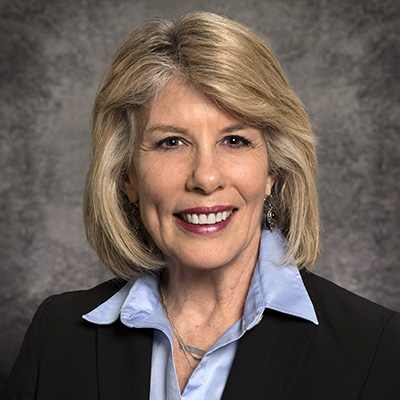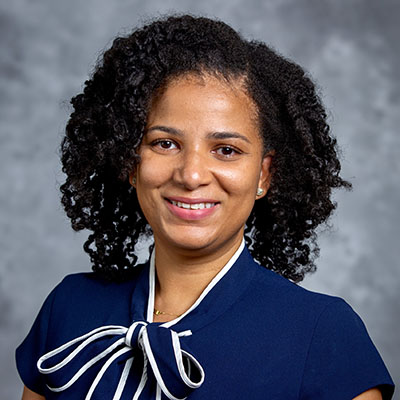Community Outreach and Engagement
The Community Outreach and Engagement program promotes and facilitates community-facing research and activities for Winship Cancer Institute of Emory University through programmatic initiatives across the state of Georgia.



